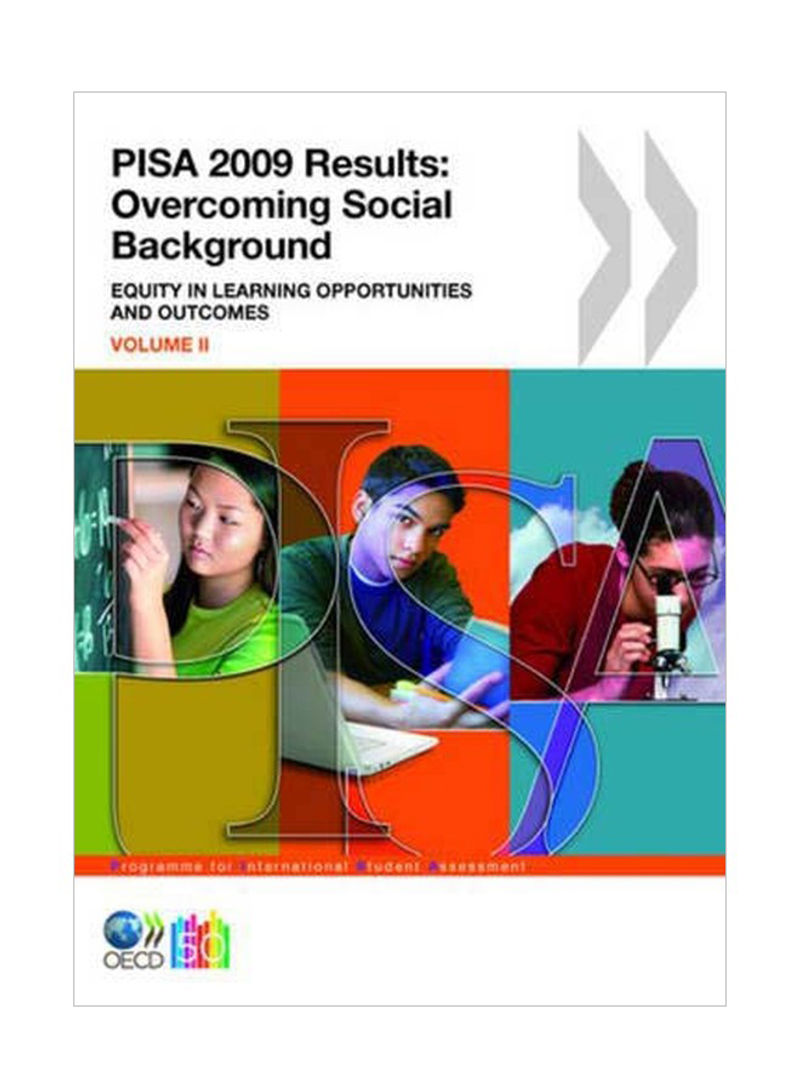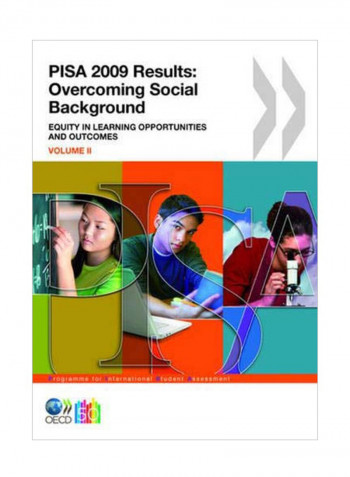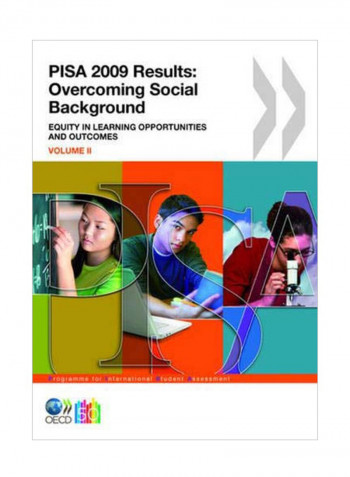Pisa 2009 Results: Overcoming Social Background Equity In Learning Opportunities And Outcomes Paperback
Recommend
Sort by
Rating
Date
Specifications
Book Description
Are students well prepared to meet the challenges of the future? Can they analyse, reason and communicate their ideas effectively? Have they found the kinds of interests they can pursue throughout their lives as productive members of the economy and society? The OECD Programme for International Student Assessment (PISA) seeks to answer these questions through the most comprehensive and rigorous international assessment of student knowledge and skills. Together, the group of countries and economies participating in PISA represents nearly 90% of the world economy. PISA 2009 Results presents the findings from the most recent PISA survey, which focused on reading and also assessed mathematics and science performance. The report comprises six volumes: Volume I, What Students Know and Can Do: Student Performance in Reading, Mathematics and Science, compares the knowledge and skills of students across countries. Volume II, Overcoming Social Background: Equity in Learning Opportunities and Outcomes, looks at how successful education systems moderate the impact of social background and immigrant status on student and school performance. Volume III, Learning to Learn: Student Engagement, Strategies and Practices, examines 15-year-olds' motivation, their engagement with reading and their use of effective learning strategies. Volume IV, What Makes a School Successful? Resources, Policies and Practices, examines how human, financial and material resources, and education policies and practices shape learning outcomes. Volume V, Learning Trends: Changes in Student Performance Since 2000, looks at the progress countries have made in raising student performance and improving equity in the distribution of learning opportunities. Volume VI, Students on Line: Reading and Using Digital Information, explores students' use of information technologies to learn. PISA 2009 marks the beginning of the second cycle of surveys, with an assessment in mathematics scheduled for 2012 and one in science for 2015. THE OECD PROGRAMME FOR INTERNATIONAL STUDENT ASSESSMENT (PISA) PISA focuses on young people's ability to use their knowledge and skills to meet real-life challenges. This orientation refl ects a change in the goals and objectives of curricula themselves, which are increasingly concerned with what students can do with what they learn at school and not merely with whether they have mastered specific curricular content. PISA's unique features include its: Policy orientation, which highlights differences in performance patterns and identifi es features common to high-performing students, schools and education systems by linking data on learning outcomes with data on student characteristics and other key factors that shape learning in and outside of school. Innovative concept of "literacy," which refers both to students' capacity to apply knowledge and skills in key subject areas and to their ability to analyse, reason and communicate effectively as they pose, interpret and solve problems in a variety of situations. Relevance to lifelong learning, which goes beyond assessing students' competencies in school subjects by asking them to report on their motivation to learn, their beliefs about themselves and their learning strategies. Regularity, which enables countries to monitor their progress in meeting key learning objectives. Breadth of geographical coverage and collaborative nature, which, in PISA 2009, encompasses the 34 OECD member countries and 41 partner countries and economies.
ISBN-10
9264091467
ISBN-13
9789264091467
Language
English
Publisher
Organization for Economic Co-Operation & Deve
Publication Date
04 Feb 2011
Number of Pages
224



